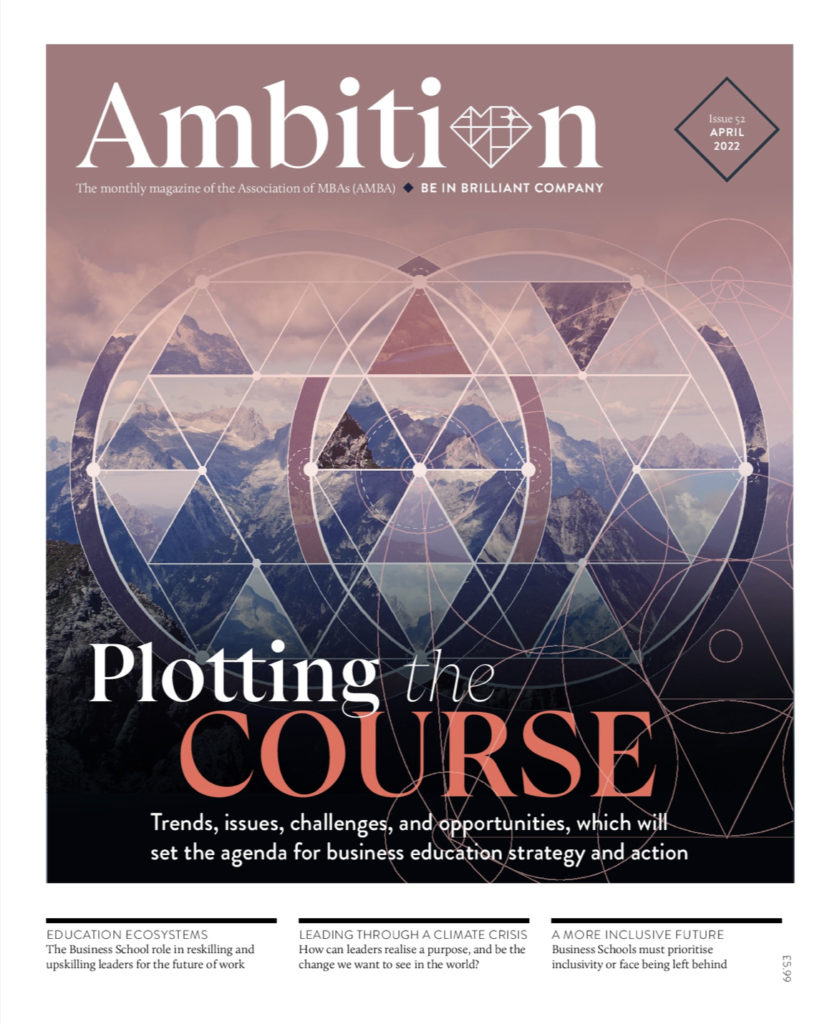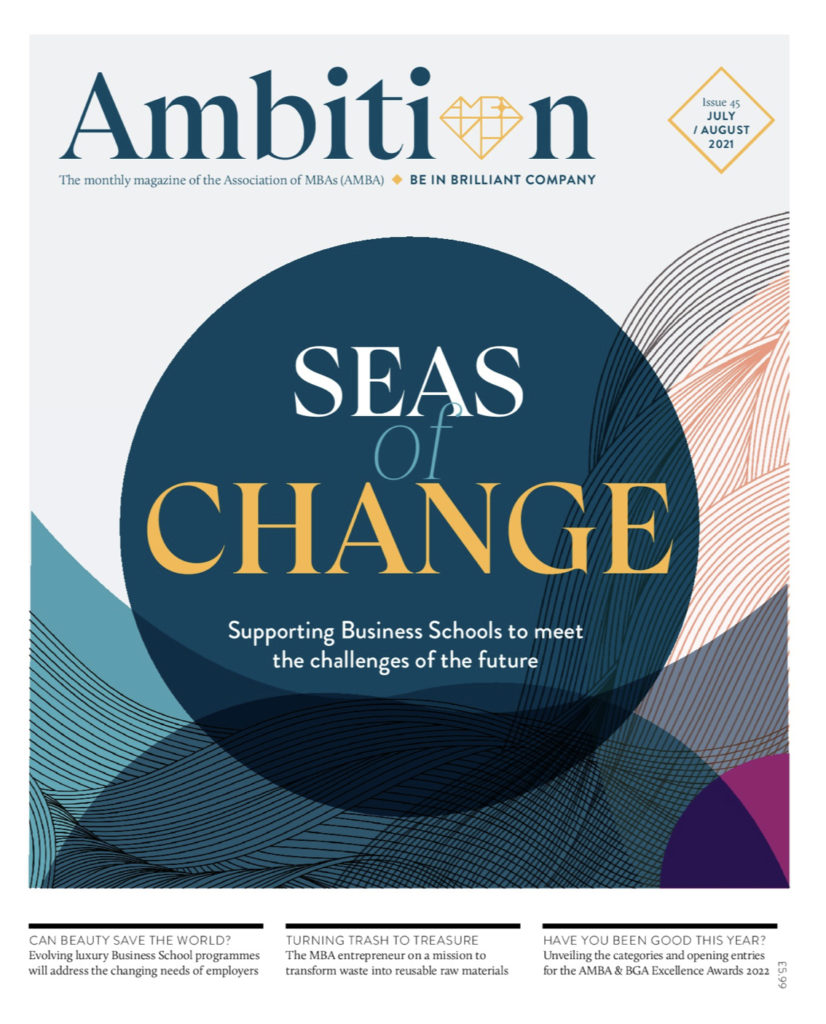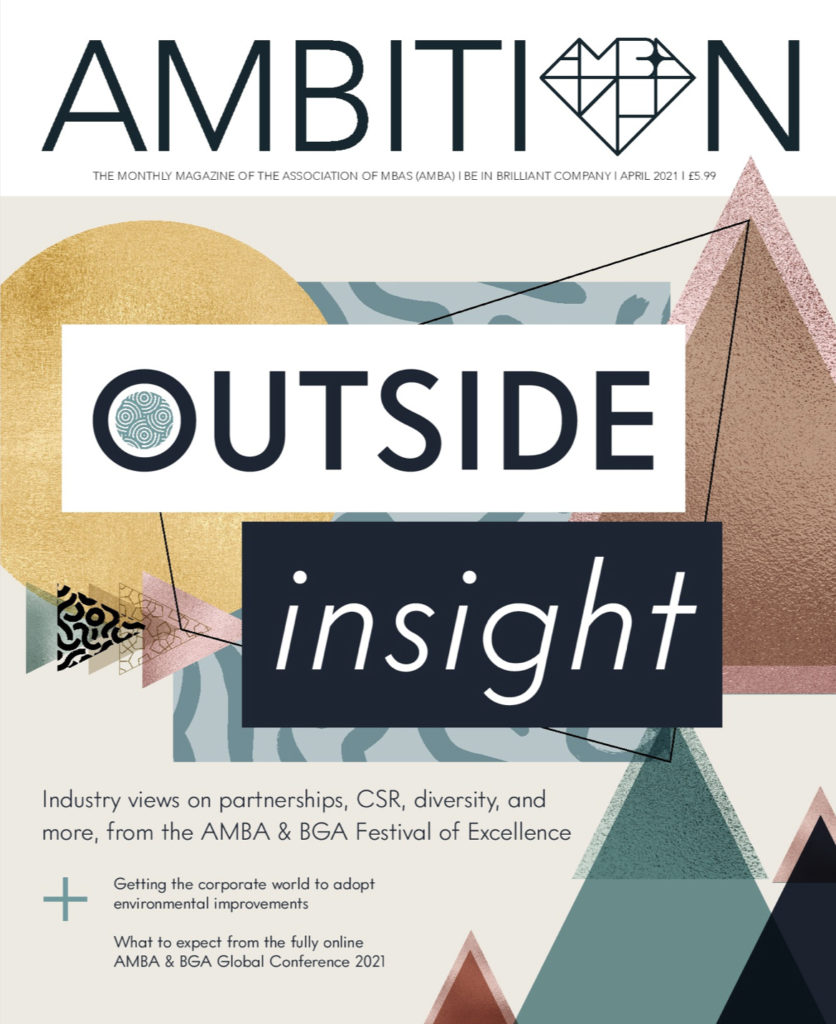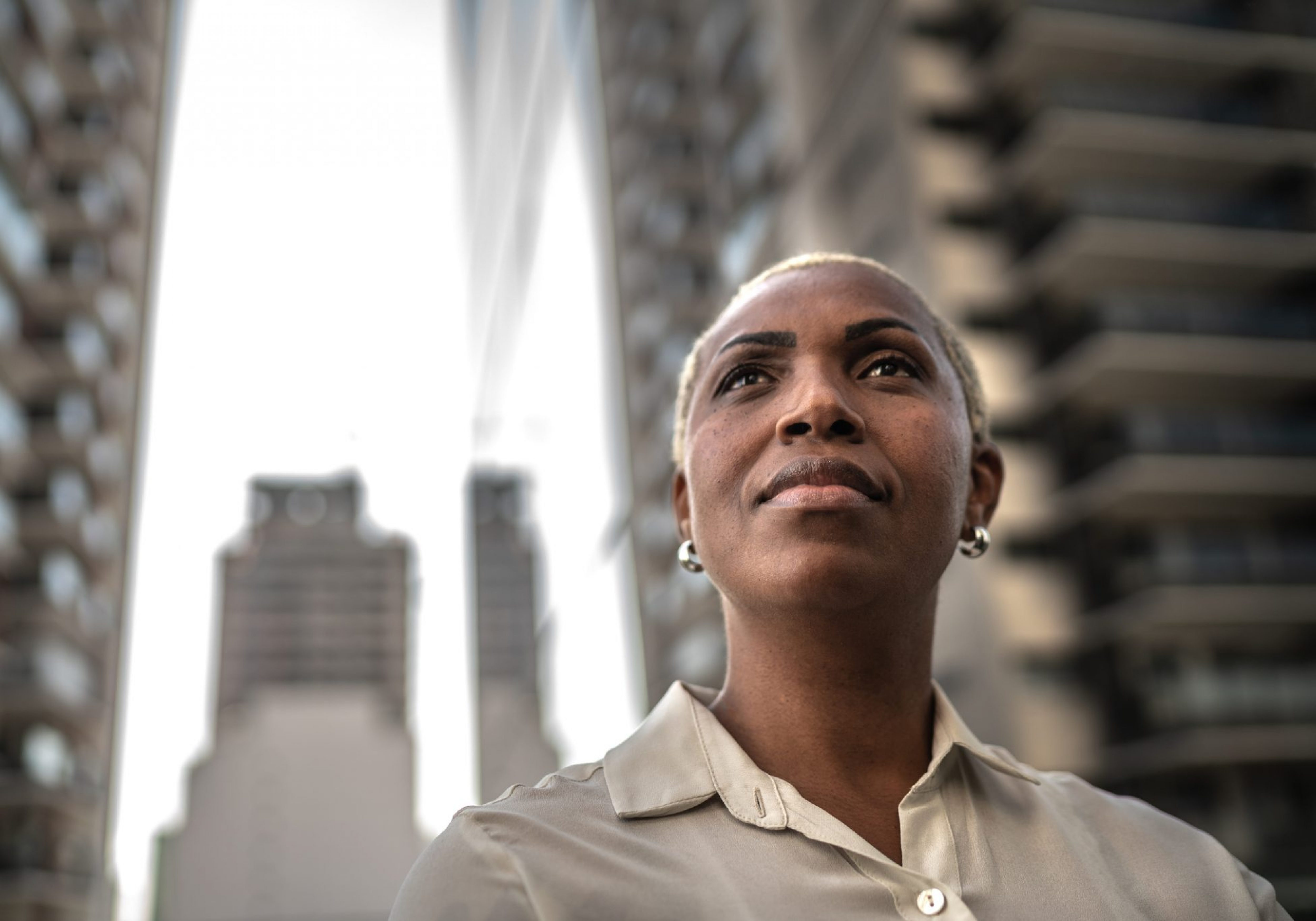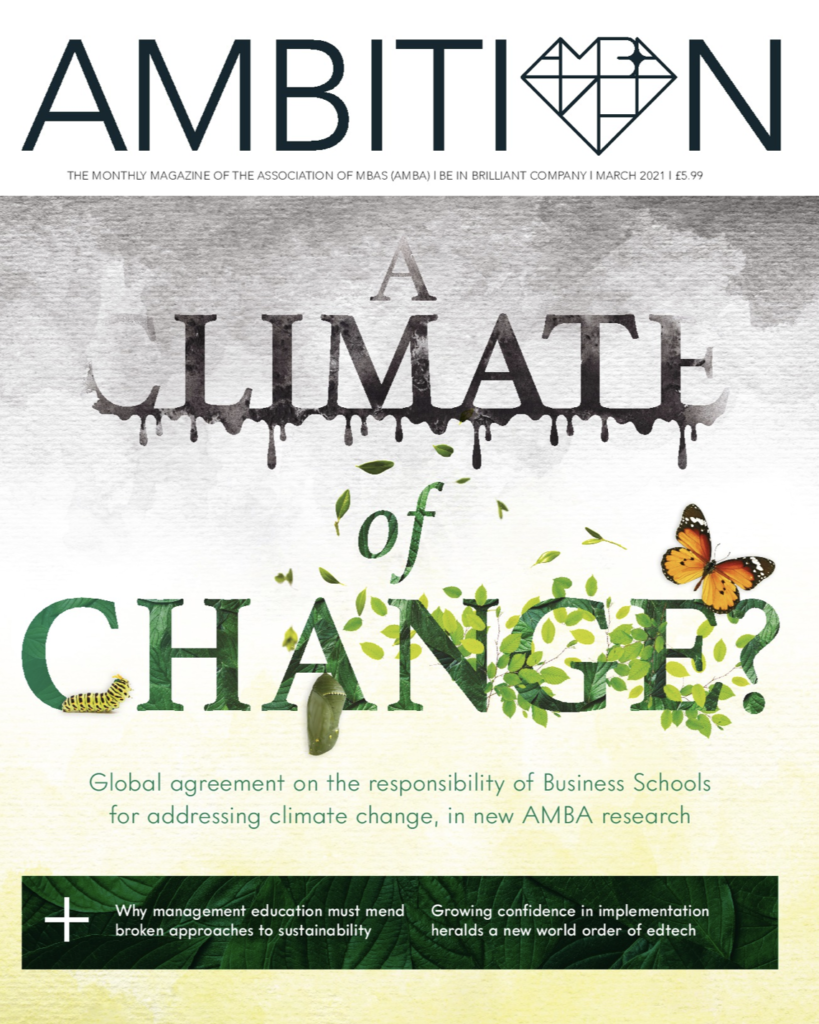Over the past decades, business schools have been heavily criticised for neglecting their societal role – both from within the institution and by outside stakeholders. Often-heard critiques have targeted business schools as pursuing a too narrow and rigid scientific model of management, teaching capitalism as the only form of organisation to their students, and surrendering to rankings and the market.
Others have accused business schools of being complicit in the wave of corporate fraud scandals that took place around the tum of the century and have pointed at their role in the 2007-2011 financial crisis. One 2009 research paper from Temple University’s Robert Giacalone [now at John Carroll University] and Donald Wargo even posited that business schools were at the roots of the global financial crisis because they promulgated theories, such as profit maximisation and materialism, that made it easy for business managers to eschew ethical behaviour in favour of short-term profits.
Dubbed ‘academies of the apocalypse’, business schools suffered an existential crisis and were urged to reflect on their societal role. An important outcome of the resulting soul-searching efforts was that business schools across the board increased their attention to business ethics, CSR, and sustainable business. Their efforts to integrate these topics into management education have ranged from offering electives and mandatory standalone modules to making these topics part and parcel of foundational strategy, marketing, and management courses.
The next crisis: conveying the wrong message
Now, business schools do not seem to be critics’ target of choice when looking for the causes of, and culprit behind, the Covid-19 pandemic – perhaps because the pandemic has manifested itself primarily as a health crisis and, by implication, it has been governments’ handling of the spreading virus that has been the news of the day since March 2020. While, at first, it may appear that all this has little to do with educating managers and business leaders, in reality it does – albeit not so much in terms of rapidly switching to online modes of delivering management education.
This becomes clear when reviewing business school faculty’s discipline-oriented interpretations of the business consequences of Covid-19, or the way they are overhauling curricula by emphasising the importance of risk management and changing their business models to demonstrate their relevance. In fact, the Covid-19 pandemic has catapulted business schools into an existential crisis yet again, and the silence about it is deafening, both by critics and business schools themselves. Moreover, sustainability is not part of the solution for this crisis – it is part of the problem.
The problem with management education’s provision of sustainability is that it has tended to convey the wrong message to students. For one, management students have been taught that corporate responsibility for sustainability is supra-legal, implying that what is not against the law, is neither unsustainable nor unethical behaviour. In addition, students are being taught that being profitable is a social responsibility in itself, if not the primary responsibility of business.
Pandemic parasitism
It may hence come as no surprise that online reservation platform, Booking.com, which has boasted billions in profits over the past few years and has brought back some $4.5 billion USD in stock in 2019, requested and received financial support from the Dutch government as part of the latter’s Covid-19 emergency stimulus package. In a similar vein, large companies in the fashion sector decided to cancel their summer collections, all in line with the contracts they have with factories in low-income countries that produce them, burdening the latter with the costs of massive numbers of unsold products. Within such narrow interpretations of responsible and sustainable corporate conduct, not behaving irresponsibly quickly becomes outright pandemic parasitism.
A second example can be found with Amazon. While launching a US$2 billion USD Climate Pledge Fund in June 2020, Amazon apparently failed to provide for adequate protective measures for its warehouse employees to ensure safe and sanitary working conditions during the pandemic. In the same period, according to a Financial Times report, the company boasted over US$400 billion USD in additional market cap and hired some 175,000 new employees to keep up with spiking online shopping.
For reputational reasons, companies may be keen to jump on board the climate bandwagon in order to prevent being labelled a laggard on today’s most challenging societal issue, but a healthy workforce and good employee relations (the ‘inner’ side of sustainability) are part of the same course – even though this may be far less visible to the public and not nearly
as mediagenic.
A more nuanced instance of pandemic parasitism is the online campaign that Unilever ran for its beauty brand, Dove, over the past months. The company used iconic images of worn-out nurses and doctors, marked by the protective equipment they had worn for hours and hours while treating Covid-19 patients – arguably intended to demonstrate that the company cares for these healthcare workers and to support the message that they provided free products for the pandemic’s heroes. Whereas this could easily qualify as opportunistic corporate behaviour and one could question why such an engagement would need to manifest itself as a brand campaign, management students are familiarised with such behaviour under the sustainable guise of cause-related marketing.
Teaching all too shallow conceptions of the roles and responsibilities of companies with regards to sustainability implies that business schools should share in taking the blame for such examples of corporate behaviour in times of social upheaval.
A deeper crisis: a culture of institutionalised exploitation
The existential crisis for business schools that the Covid-19 pandemic reveals runs considerably deeper than these examples, though. This becomes clear when Covid-19 is seen for what it is: a symptom of a systemic crisis. Essentially, the pandemic boils down to a deeply disturbed and unsustainable relationship between humans and nature that is fuelled by an obsession with growth and short-term economic gain, firmly rooted in a neoliberal worldview.
Central to this worldview is colonising nature, depleting natural resources, seeing human beings as production factors, reducing animals to raw materials, and seeing society as serving corporate interests. It is a worldview that propagates a culture of institutionalised exploitation. Privatising profits and socialising costs are the name of the game. Societal challenges are, first and foremost, business opportunities. Climate change, biodiversity loss, and poverty are inevitable collateral damage. This worldview has become so normalised and pervasive in contemporary business culture – and reproduced by business schools – that it has distorted the true meaning of sustainability: ‘sustainability’ is no longer a form of social criticism or a notion that exemplifies the importance of building an ecologically sound and equitable society for current and future generations alike, but is framed within a political ideology that essentially runs counter to it.
No wonder that this has led business schools to adopt and create a language of popular sustainability newspeak that includes concepts such as ‘environmental profit and loss accounts’, ‘true pricing’, ‘ecosystem services’, ‘the business case for sustainability’, and ‘nature-positive economic recovery’. In fact, sustainability only seems to be acceptable when it has a business case, hence protecting the regime’s vested interests, be they: reducing operational costs; the ability to attract and retain talent; developing new markets; and/or building or restoring corporate reputation. This has given rise to an obsession with the concept of ‘green growth’ in business, government and NGO circles – a fallacy which revolves around ever-growing economies without fundamentally changing business models and economic models.
However, as Professor Steve Keen of University College of London’s Institute for Strategy, Resilience and Security has recently argued, the neoclassical economics of climate change are appallingly bad, with economists being overly optimistic about the economic damage from climate change. As he writes in a 2020 paper in Globalizations: ‘If climate change does lead to the catastrophic outcomes that some scientists now openly contemplate, then these neoclassical economists will be complicit in causing the greatest crisis, not merely in the history of capitalism, but potentially in the history of life on Earth’. Speaking about catastrophic outcomes, the 2020 report, Fatal calculations: How economics has underestimated climate damage and encouraged inaction, concluded that ‘the economic damages by not acting may be so large as to be unquantifiable’. When that is the situation, why worry about building a business case? Additionally, despite policy rhetoric, there is no empirical evidence on resource use and carbon emissions that supports green growth theory.
How business schools can step away from current approaches to sustainability
With business schools being part and parcel of the factors that have caused the systemic crisis producing the Covid-19 pandemic and some of the pernicious corporate behaviour that emerged amid it, management education needs to take a radical step away from the dominant way it approaches sustainability. There are three courses of action in this direction that business schools should take:
1. Management education should make ‘critical studies’ a central part of its curricula
Through critical studies, students can scrutinise the assumptions that underpin what is considered to be ‘normal’ corporate conduct, successful business models, and contemporary business and society relationships. Critical scrutiny of these assumptions will also strengthen students’ understanding of existing power structures in economy and society and the political nature of sustainable development.
This may include studying degrowth – defined by economic anthropologist, Jason Hickel, in the book Less Is More – as a socioeconomic approach towards restoring the balance between the global economy and the living world in a way that reduces inequality and improves human wellbeing. Engaging in critical studies would also include a thorough reflection on the roles and responsibilities of business schools, the worldviews that govern their knowledge production and dissemination activities, and what direct and indirect impacts business schools have on society.
2. Management educators should stimulate their students’ moral imagination in order to envision new ways to address moral problems and find solutions for our world’s grand challenges
Moral imagination challenges us to build empathy and solidarity with those who might not be considered parts of our community – for instance, precarious workers, future generations, and natural ecosystems. This resonates with what philosopher, Mark Johnson, writes in his book, Moral Imagination, that we, ‘must be able to imagine new dimensions for our character, new directions for our relationships with others, and even new forms of social organisation’.
To develop this ability, creating and experimenting with new narratives about the role of business and society to ignite novel courses of action is crucial. Management educators should neither refrain from confronting their students with controversial opinions and stances, including those from other scientific disciplines, nor from initiating debate. Art can play an important role here, as it possesses the capacity to create meaning and stimulates us, ‘to see more, to hear more and to feel more of what is going on within us and around us. Art is shocking, provoking and inspiring’, as former MIT Sloan management professor, Edgar Schein wrote. Based on such insights, Slovenia’s IEDC-Bled School of Management has set out to integrate the arts into management research and teaching, exploring an arts-based pedagogy and artistic business learning inspired by poets, philosophers, architects, and dancers.
3. Business schools should engage in systemic activism
Systemic activism, as opposed to issue-based activism, recognises the complex and interconnected nature of modem problems and assumes that change is necessary on many levels. The way the Covid-19 pandemic has unfolded, touching virtually all realms of life, is a vivid illustration of this. As is the climate crisis, which has impacts on poverty, which affects gender equality, which affects education, which affects decent work, and so on. Moreover, research shows that the global north has contributed 92% of CO2 emissions in excess of planetary boundaries, while the global south, that will experience the worst consequences of climate breakdown, has only contributed 8%.
Systemic problems eschew single-issue solutions – they require a rethinking of economic, political, social, judicial, and cultural systems. Business schools should embrace the moral and political agenda that underpins the transition to a sustainable economic model and make campaigning for furthering that agenda their priority.
A deeply moral question
Of course, one could argue that business schools should take a neutral position towards challenges of a moral and political nature as ‘independent’ institutions that produce and convey management knowledge. It should be recognised, however, that taking a neutral position is also enacting a political agenda, particularly in the face of the rampant ecological and social breakdown, in which business plays an important role.
Sustainability is not a concurrent perspective on corporate strategy, but a deeply moral and political question about how we want to live. In any case, who would say that teaching and research are value-free? Discussions about the hidden agenda of management education should sound all too familiar to anyone working in a business school. Here, too, silence is violence. Business schools should push themselves to identify the leverage points for societal change – and given the fact that they are the proverbial spiders in the web when it comes to understanding the impacts of the role of business in, and on, society, this should not be too difficult. Management educators, in turn, should recognise the potential of activism as a source of rich learning experiences.
Business schools should acknowledge that because, as Indian novelist, Arundhati Roy wrote in 2020: ‘Historically, pandemics have forced humans to break with the past and imagine their world anew. This one is no different. It is a portal, a gateway between one world and the next.’ We should enter the new reality as soon as possible. That cannot be done in silence. The post-pandemic business school is activist.







